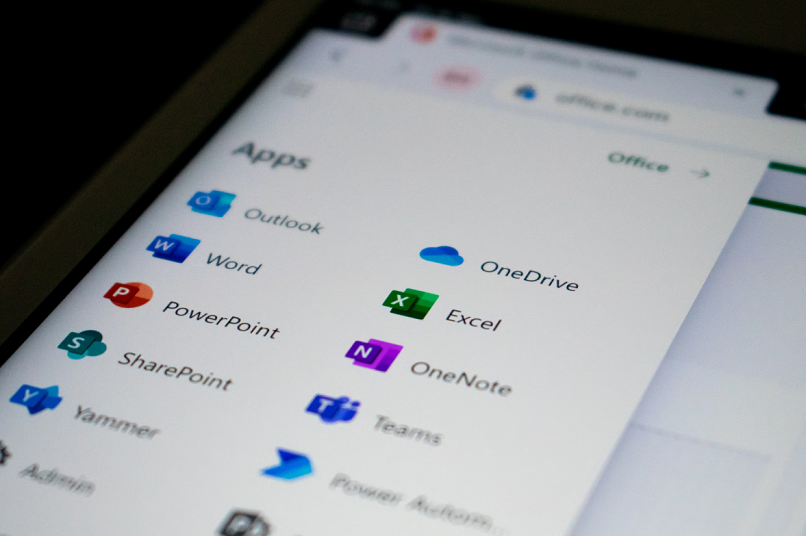Flaw In Microsoft OneDrive Grants Access To External Apps

Researchers at Oasis Security revealed last week that a flaw in Microsoft’s OneDrive File Picker was allowing external apps, such as Zoom, ChatGPT, Trello, Slack, and ClickUp, access to users’ content. The experts warn that millions of users could be affected, with potential risks of data leakage and compliance regulations violations.
According to the report, published on May 28 and titled ChatGPT & other web apps may have full read access to your entire OneDrive, external apps were able to access users’ entire document collections during uploads, rather than being limited to specific files.
“This issue arises from the lack of fine-grained OAuth scope for OneDrive, which causes the official OneDrive File Picker implementation to request read access to the entire drive — even when uploading just a single file,” states the document.
The cybersecurity firm reached out to Microsoft and relevant app vendors before publicly disclosing the vulnerability. Microsoft responded it would consider the research for future improvements.
The research team also explained that when users granted broad OAuth access, the linked applications could also modify the cloud storage and remain connected for extended periods of time.
OneDrive File Picker’s permissions included support for third-party file uploads and downloads, allowing external websites to read and write the entire OneDrive account, considered by Oasis as “a case of excessive permissions.”
“This isn’t just a privacy concern, it’s a potential security gap affecting millions of users and potentially exposing sensitive personal and professional information,” wrote the cybersecurity company on its website. “This happens because of how Microsoft’s OneDrive File Picker works: it requests broad permissions that stay active for up to an hour, or longer if refresh tokens are used.”
Oasis recommends that users review which apps have access to their OneDrive accounts and revoke all suspicious permissions. The research team also encouraged spreading awareness and being cautious when uploading content to unfamiliar websites.
A few days ago, malicious actors exploited a vulnerability in Google’s OAuth system, successfully sending phishing emails that appeared authentic through a DKIM replay attack.



Please, comment on how to improve this article. Your feedback matters!